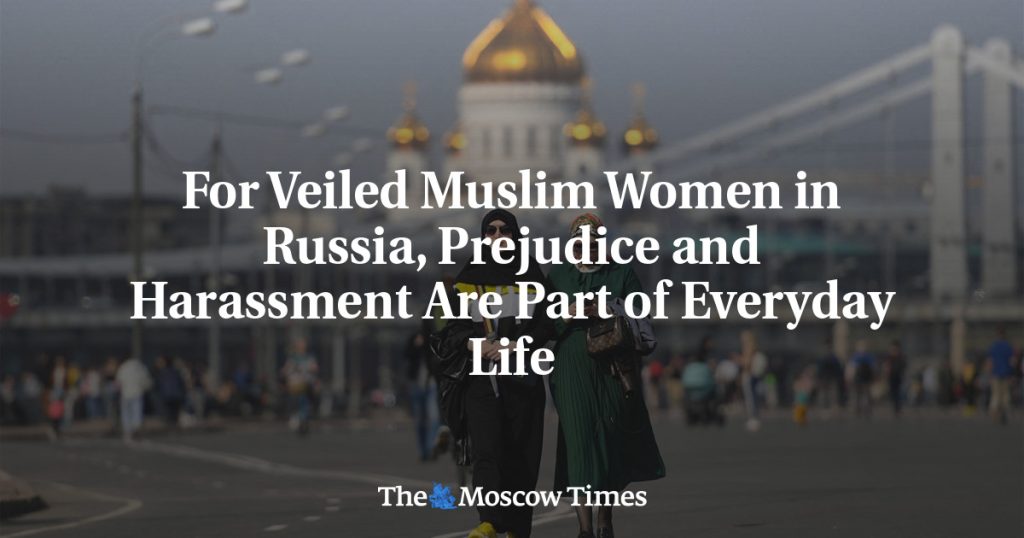Muslim women in Russia, particularly those who wear hijabs, face discrimination and harassment in various aspects of their lives, such as employment, education, and public appearances. Despite the prevalence of Islam in Russia, many practicing Muslims experience bias and mistreatment due to their religious beliefs. This discrimination has been exacerbated by the rise of Islamophobia following conflicts in Chechnya and the influence of the Islamic State jihadist group. The experiences of veiled Muslim women reflect a broader trend of religious intolerance in Russia.
Some Muslim women, like Yasmina, have shared their stories of facing discrimination after choosing to wear a hijab. Their experiences range from verbal harassment and isolation to being denied entry into public places. The issue is not limited to a particular region, as individuals from different parts of Russia have reported similar encounters with prejudice and systemic discrimination. These challenges have been further fueled by debates around religious clothing restrictions, such as the ban on hijabs in schools upheld by the Supreme Court in 2015.
In regions like Tatarstan, where Islam is widely practiced, debates about the acceptability of head coverings and cultural traditions are ongoing. Some Muslims face pressure to conform to certain standards of dress and behavior, while others strive to uphold their religious beliefs despite societal resistance. Despite these challenges, some Muslim women find comfort and acceptance in their communities, such as in Tatarstan, where Islamophobia is less prevalent. However, when they travel outside of their regions, they may encounter skepticism and additional scrutiny due to their religion.
Muslim women in Russia also face surveillance and suspicion from security forces, who often associate religious practices with radicalism. This has created a climate of fear and mistrust for many believers, who feel unfairly targeted and labeled as potential threats to national security. Some regions have even proposed making head coverings mandatory, further highlighting the complex dynamics of cultural identity and religious freedom in Russia. However, these initiatives have not been universally accepted, as some residents continue to hold deep prejudices against veiled Muslim women.
Despite the challenges they face, some veiled Muslim women in Russia do not perceive any discomfort when going about their daily lives. They may have developed coping mechanisms and a sense of inner resilience that shields them from external prejudice. While their experiences may vary, these women demonstrate a commitment to their faith and a determination to navigate the complexities of living in a society that may not always embrace their religious beliefs. It is essential to address these issues of discrimination and promote inclusivity and diversity within Russian society to ensure the protection of religious freedoms for all individuals.


